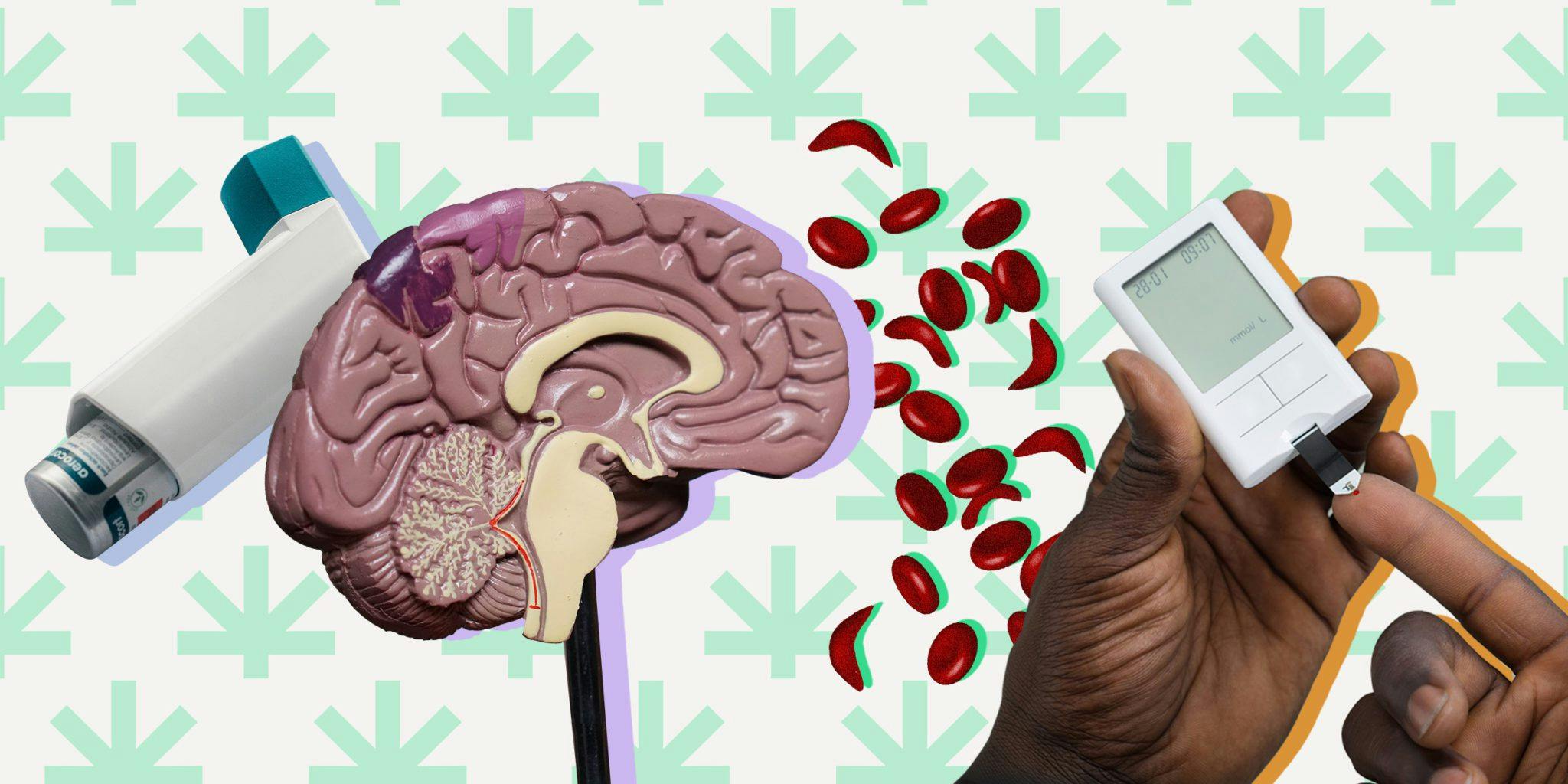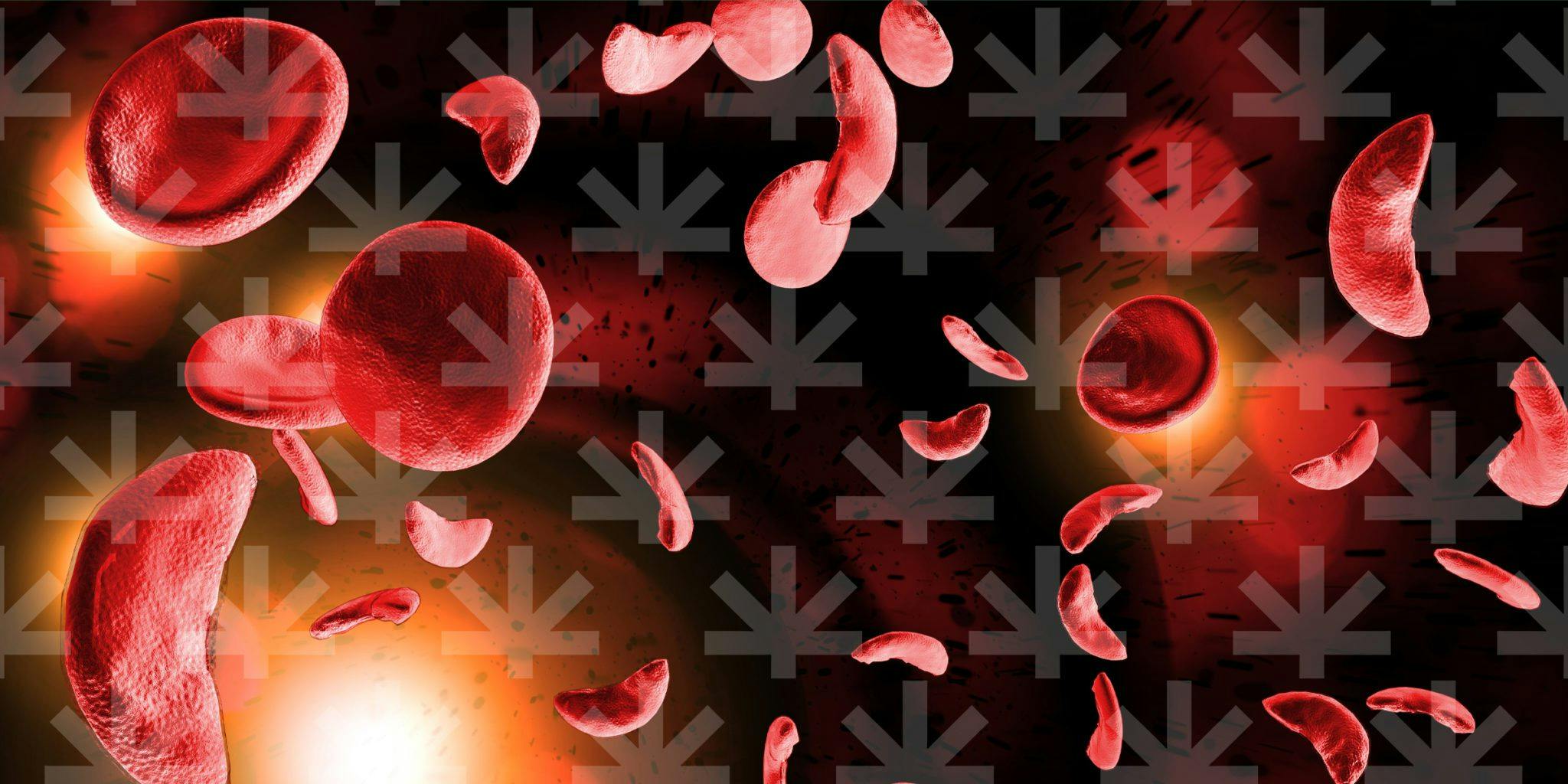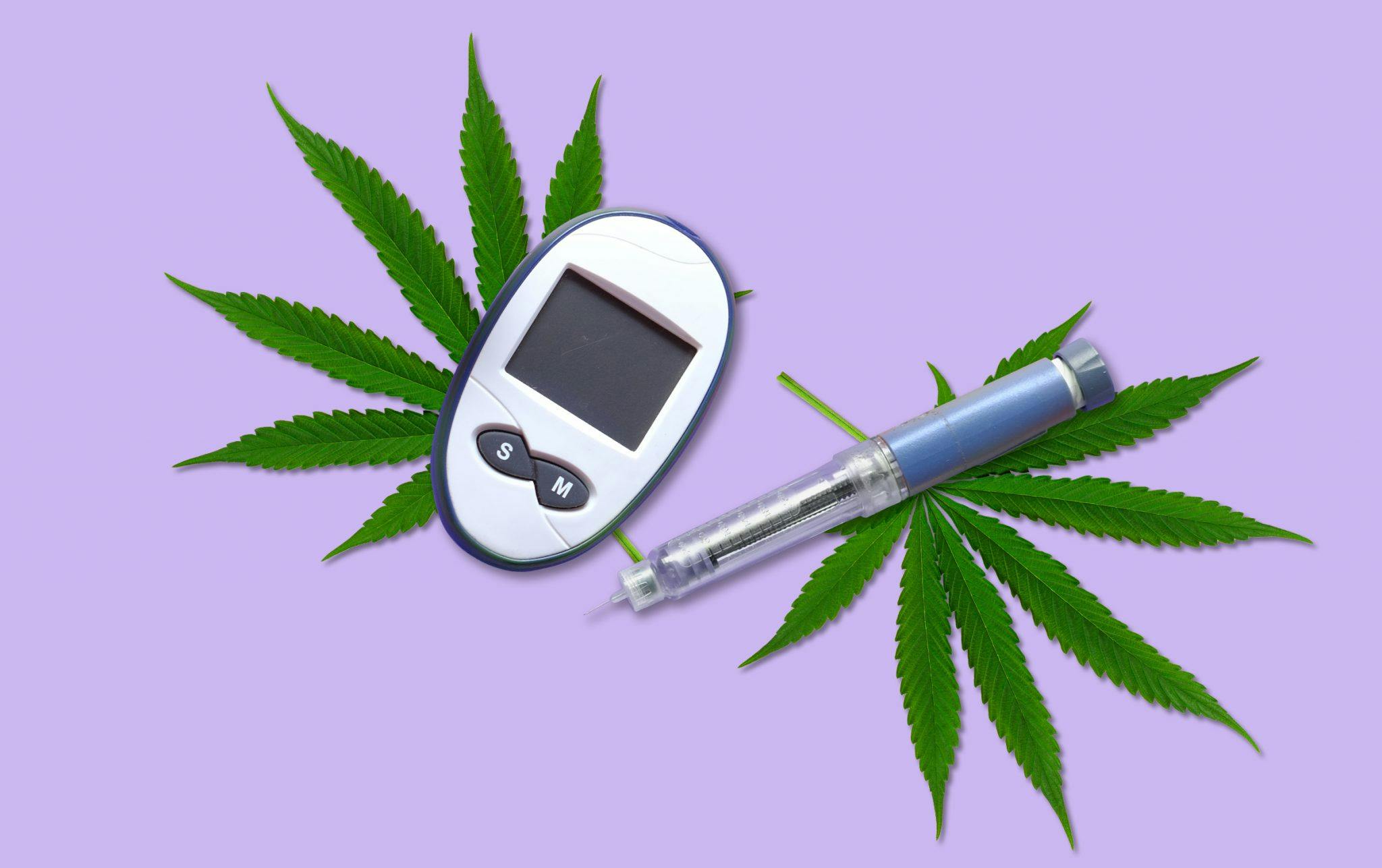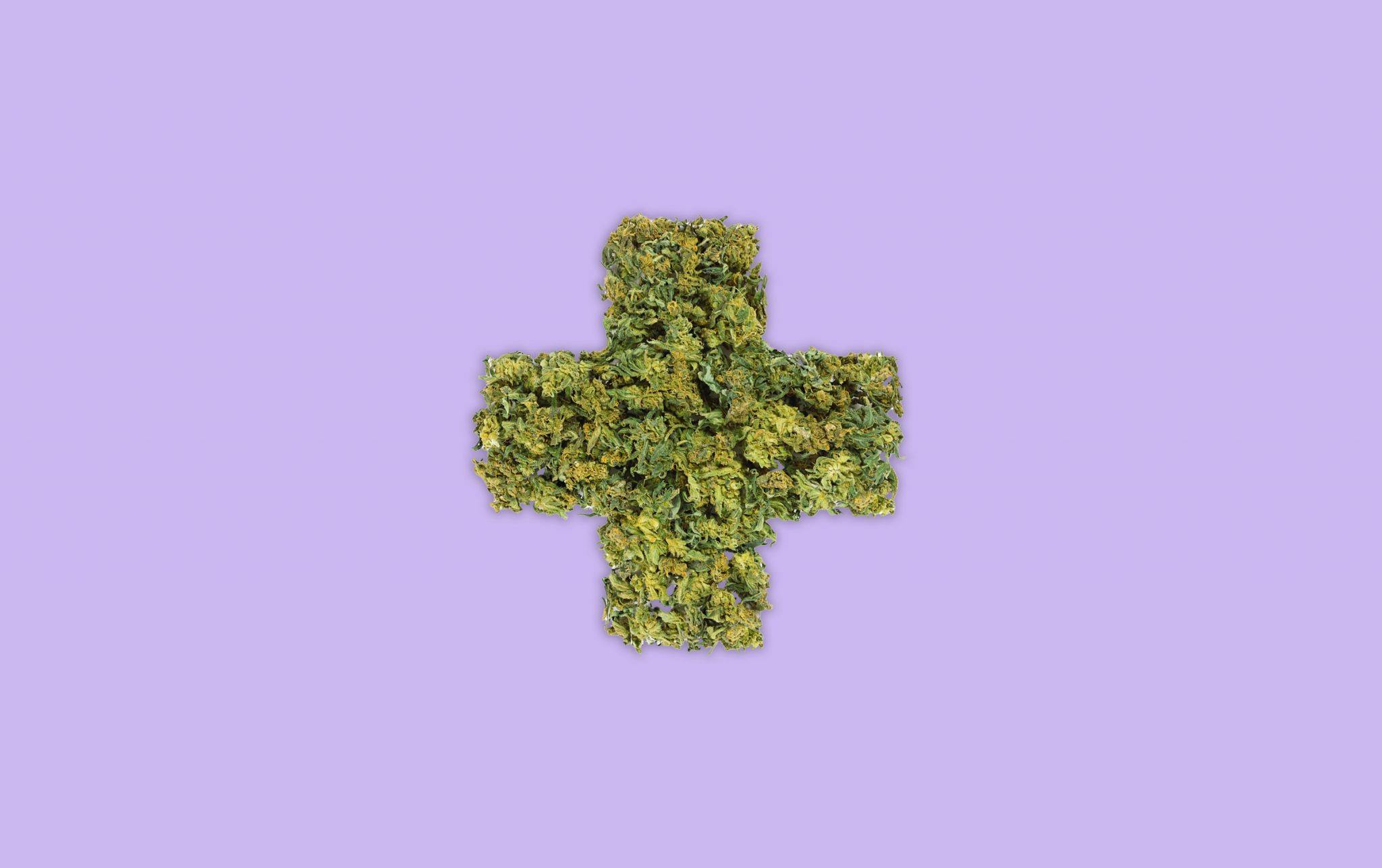Medical Cannabis for Conditions Affecting Minorities in the US
Last updated on Oct 7, 2024
Created on Feb 14, 2022

Article written by

Tina MagrabiSenior Content Writer
Content reviewed by

Dr. Lewis Jassey
Many diseases disproportionately affect minorities in the United States, including Black Americans and Hispanic Americans. Black American women, for example, are 20 percent more likely to have asthma than white women.
Learn why certain diseases are more prevalent in minority populations and explore the role that medical marijuana could play in treating them.
Get your medical marijuana card
Connect with a licensed physician online in minutes.
Larger purchase limits Access to higher potency strains Save up to 40% on product taxes Enhanced legal protection
Why Are Some Diseases More Common in Certain Ethnicities?
Some diseases and conditions are more common in certain ethnicities because of genetic factors, and Sickle cell anemia is far more common in African peoples than in other ethnicities. However, people from South Asia, the Middle East, and the Mediterranean may also be affected due to the incidence of malaria in such places and other social and cultural factors.
Other conditions, such as obesity, may not be attributable to genetics but rather to socioeconomic and lifestyle factors. Black Americans tend to have higher levels of obesity than white Americans, and the Deep South state of Mississippi has long been the most obese state in America. Not coincidentally, Mississippi is also the poorest state in the country, with a much higher than average Black population.
People without access to proper nutrition are more likely to develop preventable diseases like obesity and diabetes. However, it is important not to adopt a simplistic perspective on minorities and diseases, as the causes and risk factors can be complex.
Let’s take a closer look at how sickle cell anemia, diabetes, stroke, asthma, and obesity affect minority populations in the United States and how cannabis medicine could help.
Sickle Cell Anemia
Sickle cell diseases (SCDs) are a group of blood disorders that result in abnormalities in the blood cells, of which the most common disease is sickle cell anemia. Sickle cell anemia results in sickle-shaped, rigid blood cells, and an abnormality causes this in the oxygen-carrying protein in the hemoglobin found in red blood cells. There are various subtypes of sickle cell anemia, and they are usually inherited from one’s parents.
Sickle cell anemia and other diseases can cause pain (“sickle pain”), anemia, shortness of breath, bacterial infections, swelling in the hands and feet, and an increased chance of stroke. The disease mainly affects people of Sub-Saharan origin, where about 80 percent of global cases of sickle cell anemia occur.
As of 2015, 4.4 million people worldwide suffer from sickle cell anemia, and an estimated 43 million have a sickle cell trait. Around 100,000 people in the US have a sickle cell disease of some sort, and Black- or African-Americans are more likely to be affected.
Cannabis and Sickle Cell Anemia
Besides pain relief, here are some potential advantages of using marijuana for sickle cell diseases:
- Cannabis may inhibit the chance of infection from other sources.
- Induces relaxation and aids sleep.
- Relieves anxiety and depression.
- Lowers heightened sensitivity to pain (hyperalgesia), helping treat “sickle pain” and reducing reliance on opioids.
- Tetrahydrocannabinol (THC) and the terpene pinene have bronchodilatory effects, meaning they can open up the airways and allow for easier breathing.
The therapeutic effects of cannabis for sickle cell carriers have only been looked at more recently. Traditionally, opioids were used to manage “sickle pain” but have problematic side effects like extreme sedation, nausea, appetite loss, constipation, respiratory depression, and, of course, addiction. Cannabis could certainly be a helpful alternative to opioid-based painkillers.
In this recent study, 23 people living with sickle cell disease “reported that pain interfered less and less with activities, including walking and sleeping, and there was a statistically significant drop in how much pain affected their mood.”
Diabetes
Diabetes occurs when there is a defect in the body’s ability to produce the hormone insulin, which leads to improper control of blood glucose (sugar) levels. When the pancreas cannot make enough insulin, or if cells do not respond to insulin, high sugar levels in the blood can lead to heart disease, kidney disease, stroke, blindness, amputation, and death.
Racial and ethnic minorities have a higher burden of diabetes, worse diabetes control, and are more likely to experience complications due to diabetes. Among Hispanics, the death rate from diabetes is 50% higher than for non-Hispanic whites. Several possible reasons include lack of access to health care, socioeconomic status, activity levels, diet, and cultural attitudes and behaviors. Genetic factors may also play a part, but there is much debate in this area regarding diabetes incidence.
According to the National Health Interview Survey by the Centers for Disease Control and Prevention (CDC) and the U.S. Census Bureau, these are where the incidence of diabetes falls most often:
- 14.7% of American Indians/Alaska natives
- 12.5% of Hispanics
- 11.7% of non-Hispanic blacks
- 9.2% of Asian Americans
- 7.5% of non-Hispanic whites
Cannabis and Diabetes
There are several reasons why cannabis can help treat diabetes, including:
- Cannabidiol (CBD) and tetrahydrocannabivarin (THCV) could help regulate glucose levels and prevent insulin resistance.
- May improve carbohydrate metabolism, helping control and maintain weight.
- Keep blood vessels open and improve circulation.
- Topicals can help prevent tingling sensations.
- THC may help sweet things taste sweeter and possibly even help reduce sugar intake as the desire is satiated quicker!
- Cannabis can help treat the neuropathic (nerve) pain associated with diabetes.
Stroke
Stroke is caused by a blockage of blood flow or rupture of an artery, leading to a lack of oxygen going through to brain cells and cell death. Common symptoms include sudden loss of speech, a loss or partial loss of one or more of the senses, and weakness or paralysis of one side of the body.
Overall, African Americans, Hispanics, and Native Americans have higher stroke risks, stroke occurrence at an earlier age, and for some minorities possibly more severe strokes than non-Hispanic whites. Many of these disparities can be attributed to lower socioeconomic status and healthcare system challenges. An increased likelihood of suffering from conditions like diabetes compounds this problem.
The CDC states that the risk of having a first stroke is nearly twice as high for African-Americans than white Americans, and that the highest increase in death rates due to stroke since 2013 is in the Hispanic community. Fortunately, stroke-related deaths have been decreasing in general for all ethnic groups thanks to advances in post-stroke treatment.
Cannabis and Stroke
Potential benefits of using medical cannabis to treat stroke include:
- Preventing cell death due to lack of oxygen supply to the affected area (“infarction”).
- Cannabidiol (CBD) can prevent an overabundance of the neurotransmitter glutamate (the main “go” or excitatory neurotransmitter) from forming. Too much glutamate can be toxic.
- Cannabis contains many antioxidant and anti-inflammatory compounds (e.g., cannabichromene (CBC) that can help reduce neuronal overexcitement, improve blood flow and prevent inflammation in the brain.
An increasing body of evidence suggests that cannabinoids like THC and CBD have neuroprotective effects. This means that someone who is using cannabis could be less likely to suffer from stroke and that, if they do, CBD and THC can help mitigate some of the damage.
Asthma
Asthma affects the lungs and causes wheezing, coughing, and other respiratory difficulties. Known as asthma attacks, these chronic episodes can be fatal when severe.
Black Americans are 40 percent more likely to have asthma than white Americans, and black Americans are also the racial group most likely to die from an asthma attack.
The causes of asthma are not fully understood, but childhood exposure to tobacco smoke is believed to be a risk factor. Black children are five times as likely to be admitted to the hospital for asthma than white children, according to data from the Office of Minority Health.
Cannabis and Asthma
Some evidence suggests that cannabis could benefit certain people with asthma. However, the ingestion method is important, and people with asthma and other respiratory conditions should avoid smoking or vaping marijuana.
Other ingestion methods, such as cannabis edibles and topicals, could benefit individuals with asthma, as the plant may help reduce inflammation in the lungs. Some research, however, demonstrates a potential connection between using marijuana and developing asthma and allergies.
Obesity
More than 40% of adults in the United States are obese. Of these individuals, Black Americans and Hispanic Americans are the most likely groups to be obese. Obesity is also correlated with lower levels of education and lower household incomes.
Obesity is linked to many severe illnesses, including heart disease, diabetes, stroke, and some types of cancer. Lifestyle changes, including proper diet and exercise, are the first lines of defense against obesity, but cannabis may also play a part.
Cannabis and Obesity
People who use cannabis have been proven to have lower body mass indexes (BMIs) than people who do not use cannabis. One explanation for this phenomenon, according to scientists, is that cannabis could speed up the body’s metabolism, thus making weight gain less likely.
On the other hand, people who use marijuana infrequently may be more likely to gain weight due to the plant’s appetite-stimulating properties. Regular consumers of marijuana are more likely to have lower BMIs and are less likely to be obese.
Several types of prescription medication can cause weight gain, such as antidepressants, steroids, gabapentin, antipsychotics, beta-blockers, and insulin. Some of these medications may be prescribed for other health problems like neuropathic pain or seizures, so they are necessary medications for the patient. Still, they have the side-effect of making other health problems worse. Medical cannabis can reduce the intake of such medications and reduce the chances of unintended weight gain.
Discover how cannabis may help treat obesity and other diseases by applying for a medical marijuana card online. Leafwell’s virtual clinic is open, and our doctors are here to guide you step-by-step through the application process.


